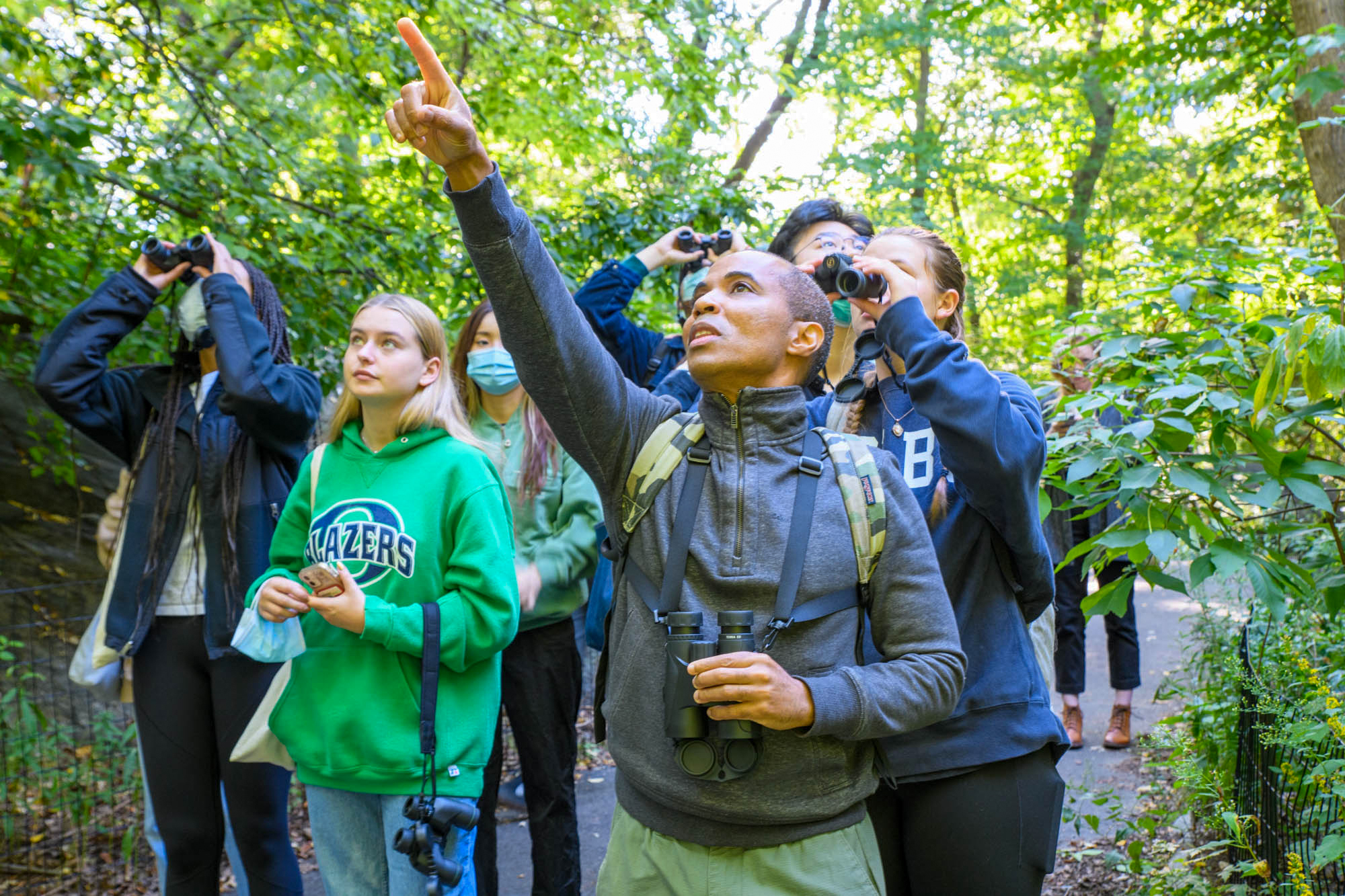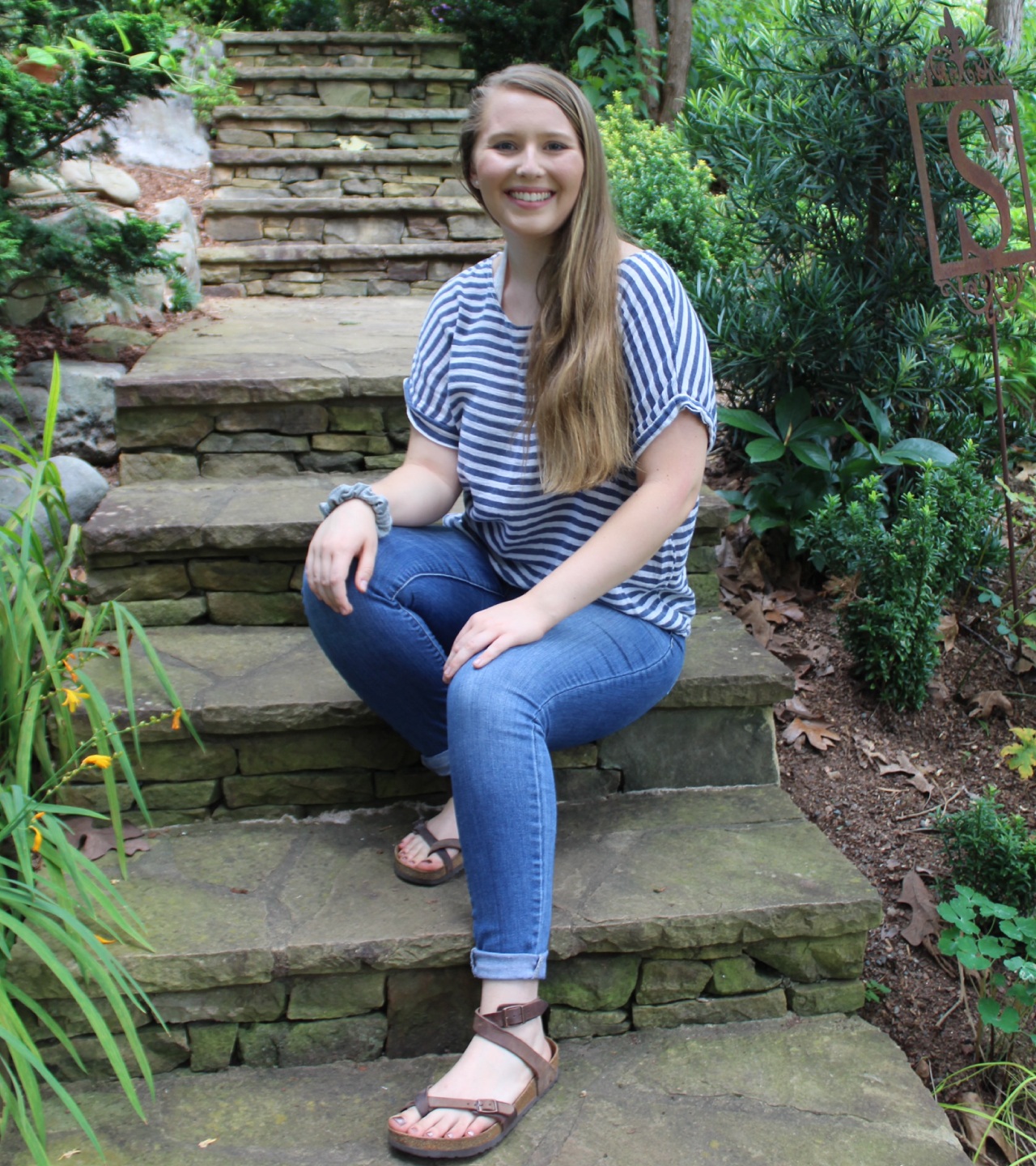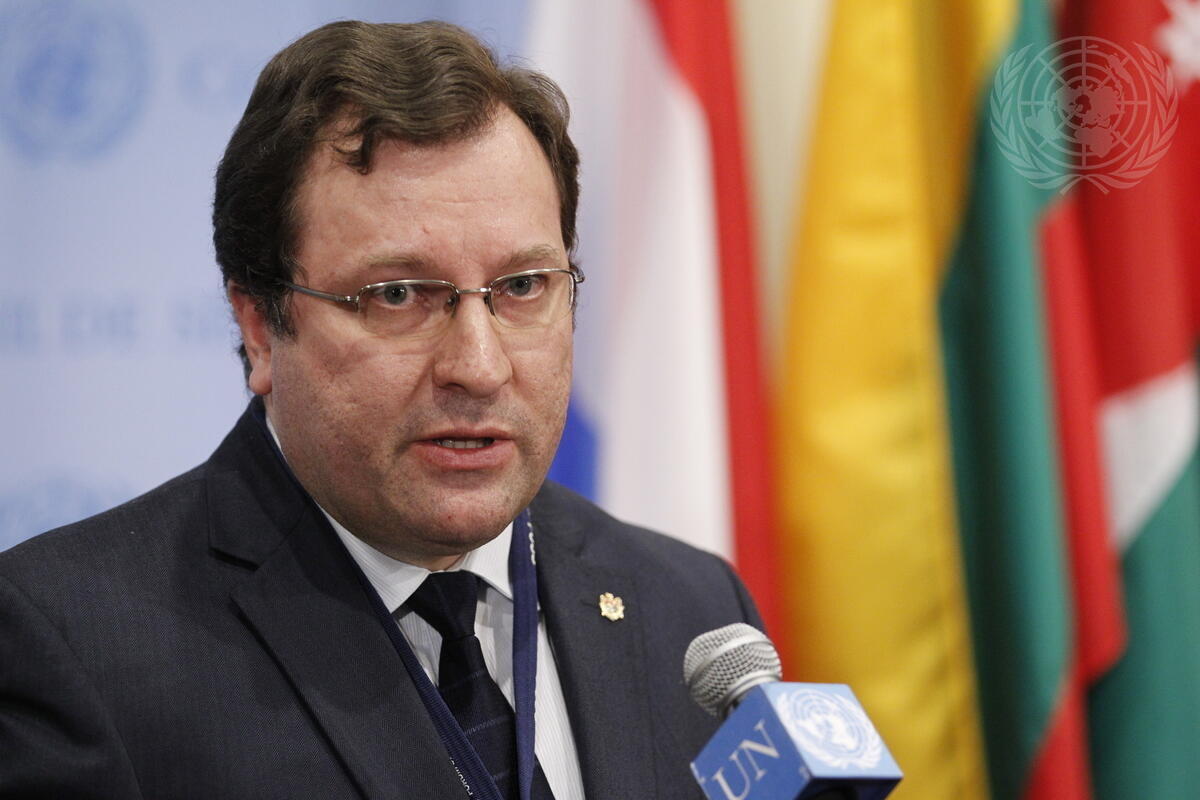
Each NYU campus teems with professors who don’t just lecture but have direct experience as top performers in their fields. One notable example is College of Arts and Science adjunct professor Vlad Lupan. He teaches his class, International Organizations, from a deep well of personal experience. He is the former permanent representative to the UN for the Republic of Moldova, a country in Eastern Europe. Lupan has also worked with three peacekeeping missions and served as a foreign policy adviser to the Moldovan president.
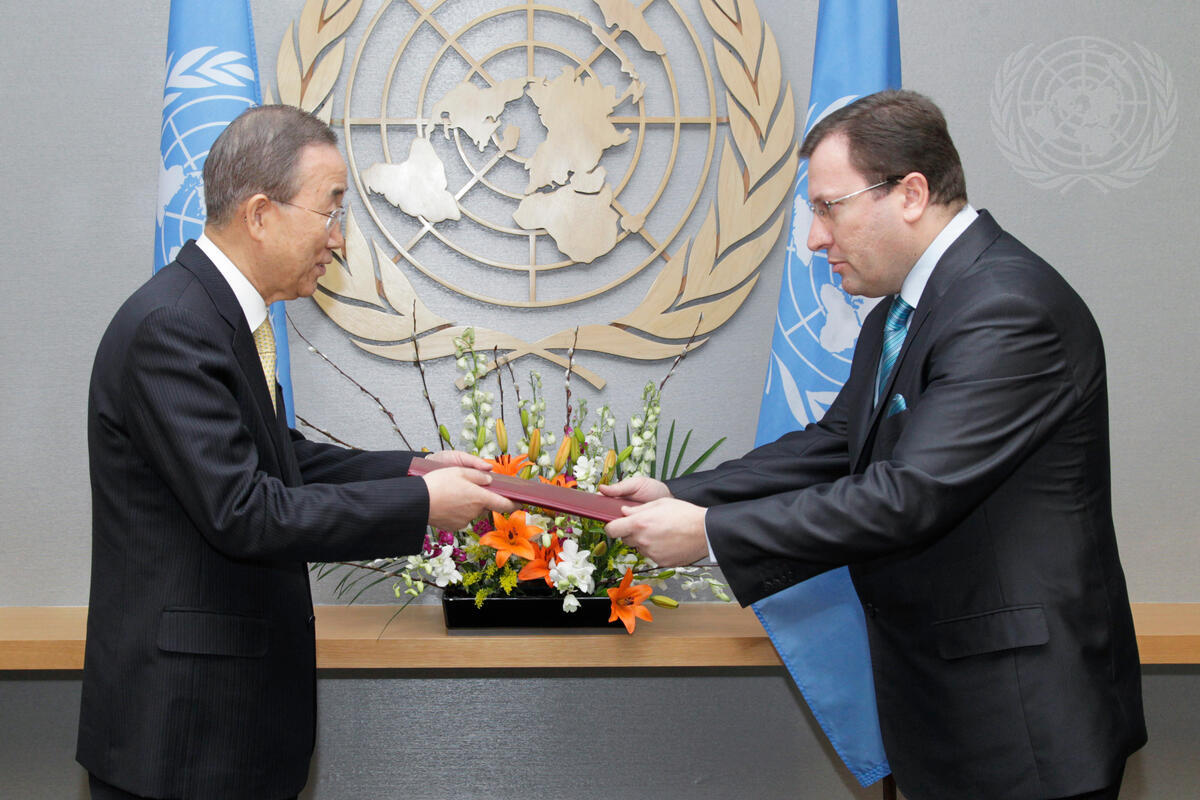
Unique International Insights
Professor Lupan’s students benefit from his decades of experience in international relations. His class covers the structure and activities of the United Nations as well as the European Union, NATO, and other world organizations. He also discusses the issues they were formed to address, such as climate change and migration.
“Learning with Professor Lupan felt like I received a perspective not shared by many others,” says Sandra Wu Myer, a double major in International Relations and Global Liberal Studies who took International Organizations. “His diplomatic skills come through in his speech, and he promotes a just and unbiased comprehension of events and how to resolve them.”
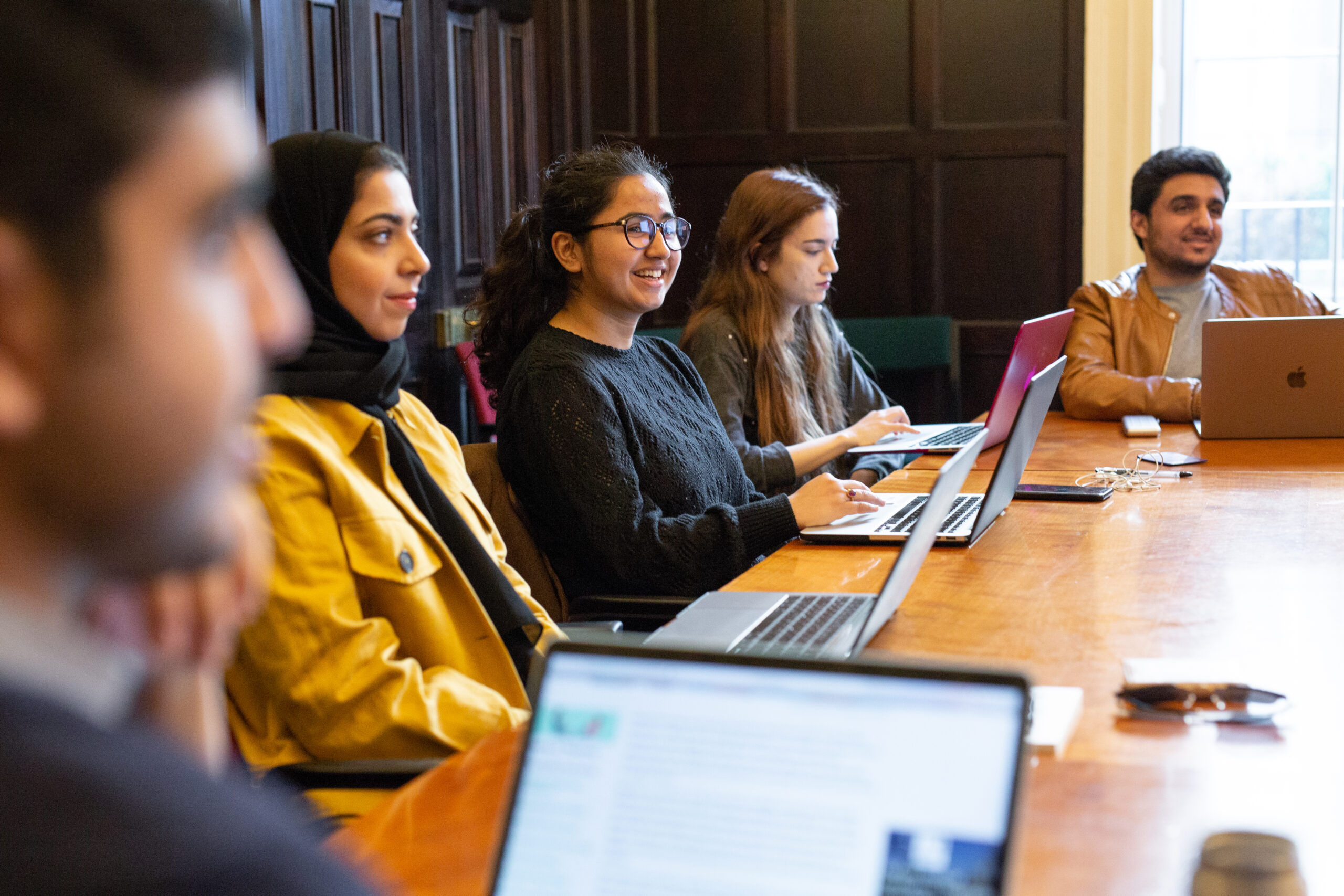
Teaching with Empathy
But it’s not just Professor Lupan’s résumé that has students eagerly lining up at his door before classes begin. He is known for his kindness and willingness to spend time with his students.
“Professor Lupan cares for his students and personally shows interest in the course material,” says Alexander Jones, an International Relations major. Sandra agrees. “For someone with such knowledge and ranking, he is extremely down-to-earth and understanding. I feel comfortable coming to him with issues, and I notice other students do the same with ease,” she says.
The class’ international focus attracts students from around the world. “NYU is a good place to meet students from other countries and to debate with them about international relations,” Professor Lupan says. “It’s not about providing students with a lecture and then walking away. It’s about students listening, asking questions, and interacting with one another.”
Theory Meets Application
Professor Lupan uses his personal experience to make the material engaging and relevant. “While so much of academia is theoretical, Professor Lupan’s class offered a refreshing engagement with the real world of international relations,” Alexander says. “We analyzed current events from the perspectives of the actors involved, discussed important topics with senior UN officials, and learned what ‘a day in the life’ is like for mitigating conflicts on the ground. These are things you don’t usually get inside a classroom, and they make for a uniquely exciting course.”
Distinguished guest lecturers also help bring course topics to life. Professor Lupan brings in his contacts from the world’s most interesting organizations. “We not only learn about contemporarily relevant material but also the perspectives of people from the UN actually working on these missions right now,” Sandra says.
Several of Professor Lupan’s students have expressed an interest in working in an international organization or even becoming diplomats themselves. He hopes that his classes help them thrive within those jobs. “I hope I’m successful in translating my experience to both theory and practice to help my students—now, and in the future so they can help other people,” he says. “A diplomat is a civil servant after all. They are supposed to serve the people. That’s my hope.”


